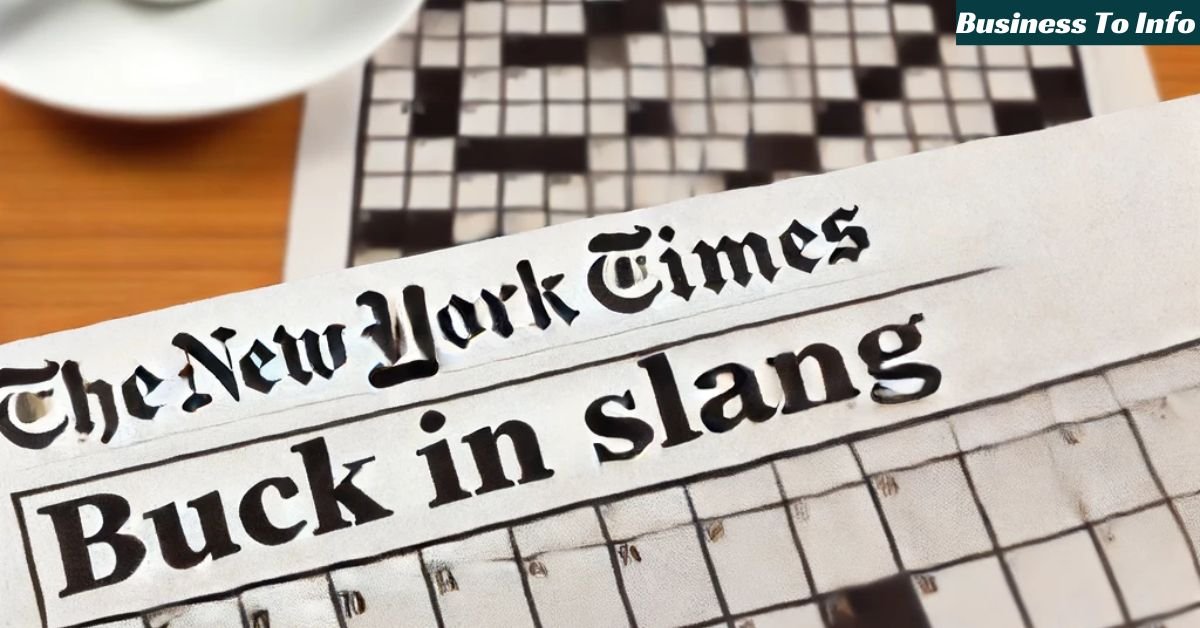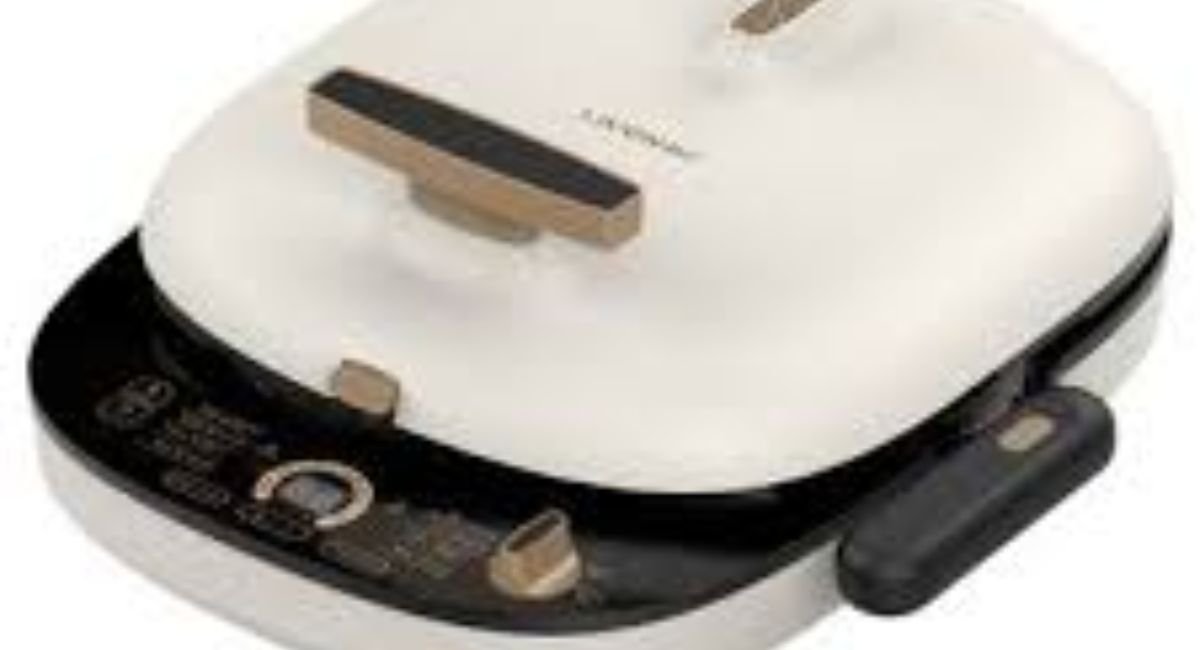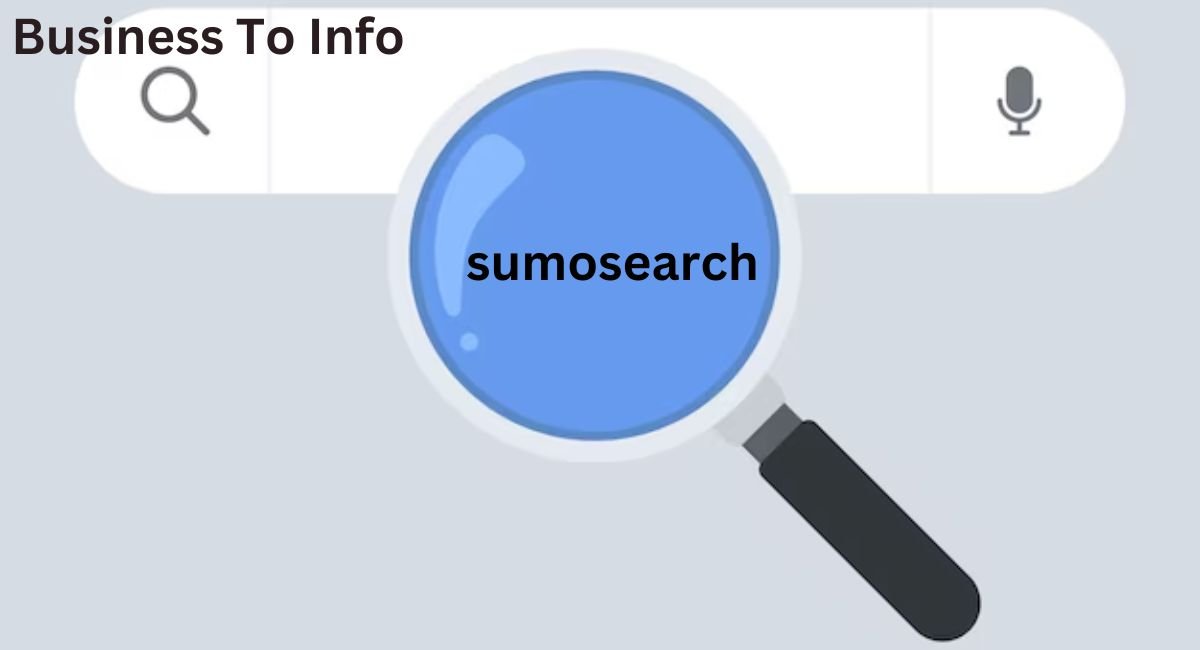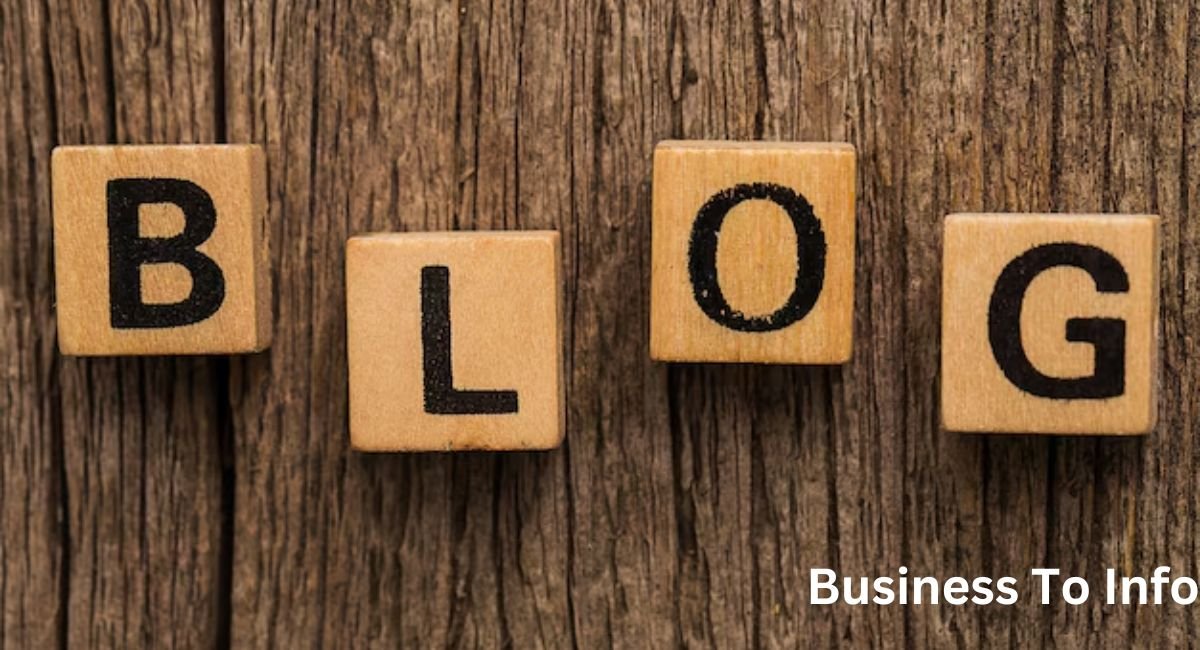Crossword puzzles have long been a cherished pastime, blending the thrill of a mental challenge with the satisfaction of cracking codes. Among the pantheon of crossword providers, The New York Times (NYT) stands tall, renowned for its intricate and sometimes perplexing clues. One such clue that often baffles solvers is “buck in slang.” This phrase is a gateway into understanding both the mechanics of crossword puzzles and the nuances of colloquial language.
Understanding “Buck” in Everyday Slang
The term “buck” in everyday slang primarily refers to a dollar. This usage is widespread in the United States and dates back to the 18th century. The origin of this term is rooted in the historical use of deer skins (or bucks) as a medium of exchange. Thus, “buck” evolved into a colloquial term for money. When encountering “buck” in a crossword puzzle, this monetary connection is often the key to unlocking the clue.
The Role of Slang in Crossword Puzzles
Slang is a vital component of crossword puzzles, adding a layer of complexity and cultural reference that can challenge even seasoned solvers. In the context of the NYT crossword, slang terms like “buck” are frequently used to create puns, double meanings, and misdirection. The solver must not only be versed in standard definitions but also in the ever-evolving landscape of informal language.
Historical Roots of the Term “Buck”
The historical context of the term “buck” is fascinating. In the early trading days, particularly in the American frontier, deer skins were commonly used as a trade item. The term “buck” became synonymous with currency because it was a common medium of exchange. This historical tidbit enriches our understanding of the term and underscores its longevity in American slang.
Also Read: The Norse God with a Hammer NYT | Cranky Crustacean NYT | Goads on NYT
Interpreting Buck in Slang NYT Crossword
When faced with the clue “buck in slang” in the NYT crossword, solvers should consider a few potential answers. The most straightforward answer is often “dollar” or “one,” reflecting the primary slang usage of “buck” as a unit of currency. However, crosswords are known for their trickiness. Alternative answers could include words related to resistance or defiance, such as “oppose” or “resist,” playing on the other meanings of “buck.”
Tips for Solving Slang Clues in Crosswords
- Context is Key: Always consider the surrounding clues and the overall theme of the puzzle. Sometimes, the theme can provide hints about whether the slang term refers to money or something else.
- Stay Updated: Language evolves, and so does slang. Keeping up with current slang terms can give you an edge in solving contemporary crossword puzzles.
- Think Laterally: Crossword puzzles often use puns and wordplay. Consider all possible meanings of the slang term and think about how it might fit into the grid both literally and metaphorically.
- Use Crossword Resources: There are numerous online resources and communities dedicated to crossword solving. Forums, blogs, and databases can provide insights into tricky clues and common slang terms used in puzzles.
Common Misconceptions about Slang in Crosswords
One common misconception is that all slang terms used in crosswords are modern. In reality, crossword creators often draw from a wide range of eras, including historical slang that might seem archaic to contemporary solvers. Another misconception is that slang clues are always straightforward. On the contrary, they often involve layers of meaning and require a deep understanding of both language and culture.
The Evolution of Slang in Crossword Puzzles
Slang is inherently fluid, constantly adapting to cultural shifts and societal changes. Crossword puzzles, particularly those published by esteemed sources like The New York Times, reflect this dynamism. Over the years, the inclusion of slang has evolved, mirroring the lexicon of the times. From the early 20th century to the digital age, crossword clues have kept pace with linguistic trends, ensuring that puzzles remain relevant and challenging.
Impact of Pop Culture on Crossword Slang
Pop culture significantly influences the slang used in crossword puzzles. Terms that gain popularity through movies, music, and social media often make their way into puzzle clues. This symbiotic relationship keeps crosswords fresh and engaging, appealing to a broad audience. Understanding contemporary slang and pop culture references can thus be a crucial skill for modern crossword enthusiasts.
FAQs
What does “buck” mean in slang?
- In slang, “buck” typically refers to a dollar. It can also mean to oppose or resist.
Why is slang used in crossword puzzles?
- Slang adds an element of challenge and cultural relevance to crossword puzzles, requiring solvers to be well-versed in both formal and informal language.
Are all slang terms in crosswords modern?
- No, crossword puzzles often include slang from various eras, including historical slang that may seem outdated today.
How can I improve my skills with slang clues in crosswords?
- Stay updated on current slang, think laterally about potential meanings, and use online crossword resources and communities for support.
What are some common answers to the clue “buck in slang” in the NYT crossword?
- Common answers include “dollar” or “one,” reflecting the primary slang usage of “buck” as a unit of currency.
How does pop culture influence crossword slang?
- Pop culture introduces new slang terms that become widely recognized and used in crosswords, keeping puzzles engaging and relevant to contemporary solvers.
Conclusion
The phrase “buck in slang NYT crossword” is a quintessential example of how language and culture intertwine in the realm of puzzles. Understanding the historical roots, current usage, and potential meanings of “buck” can significantly enhance your crossword-solving skills. As language continues to evolve, so too will the clues in crossword puzzles, ensuring that each solve remains a satisfying mental adventure.




